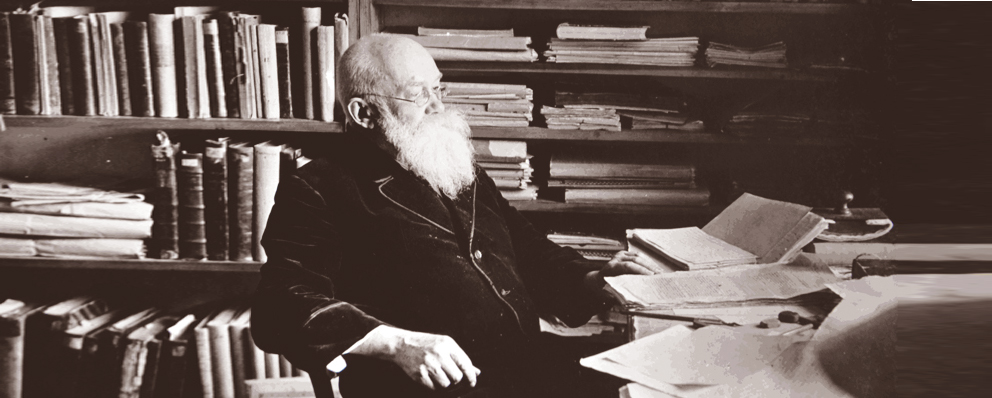Prymak Thomas Michael Mykhailo Hrushevsky and the Politics of National Culture : [Dissertation for the degree of Doctor of Philosophy in History] / Thomas M. Prymak. – Toronto: University of Toronto (Canada), 1984.
Mykhailo Hrushevsky and the Politics of National Culture by Thomas M. Prymak is a biographical study of one of the best known Ukrainian figures of modern times. Mykhailo Hrushevsky (1866-1934) was the greatest of Ukrainian historians, a cultural activist in Austrian Galicia, the most celebrated federalist in the Russian Empire, the first president of the Ukrainian People's Republic, and an influential cultural figure in Soviet Ukraine during the 1920s. The author describes all these aspects of Hrushevsky's career but concentrates upon Hrushevsky's role in public life. He addresses the basic question of whether Hrushevsky remained essentially an autonomist whose ultimate ideal was a Slavic or even world federation of free nations, or whether, under the influence of difficult circumstances, he evolved into a nationalist partisan of Ukrainian independence and national sovereignty. The author approaches this question by pointing out that Hrushevsky never considered himself to be a "nationalist" and tended to use this term in a negative sense. During the political upheavals of 1917-1918, Hrushevsky led the movement for Ukrainian autonomy and only agreed to a declaration of independence when all possibilities for peaceful federation with the various peoples of old Russia had been exhausted. At the same time, Hrushevsky looked for political allies among the other emerging peoples of Eastern Europe and did not completely abandon the idea of some kind of European federation. He reiterated this position during the period of his emigration (1919-1924). In spite of Hrushevsky's advice, the Soviet authorities would not change the centralized structure of their state. They did, however, initiate a general policy of "Ukrainianization" and Hrushevsky returned home to take part in the work of the Ukrainian Academy of Sciences. Through vigorous cultural activities, Hrushevsky hoped to strengthen the Ukrainian element within the new Soviet Ukrainian state. The purges of the 1930s temporarily put an end to Ukrainian efforts at achieving political autonomy and cultural independence, but Hrushevsky's work was so fundamental that his influence was never completely eradicated. In the 1960s, there was a brief but unsuccessful attempt to "rehabilitate" him. |  |

